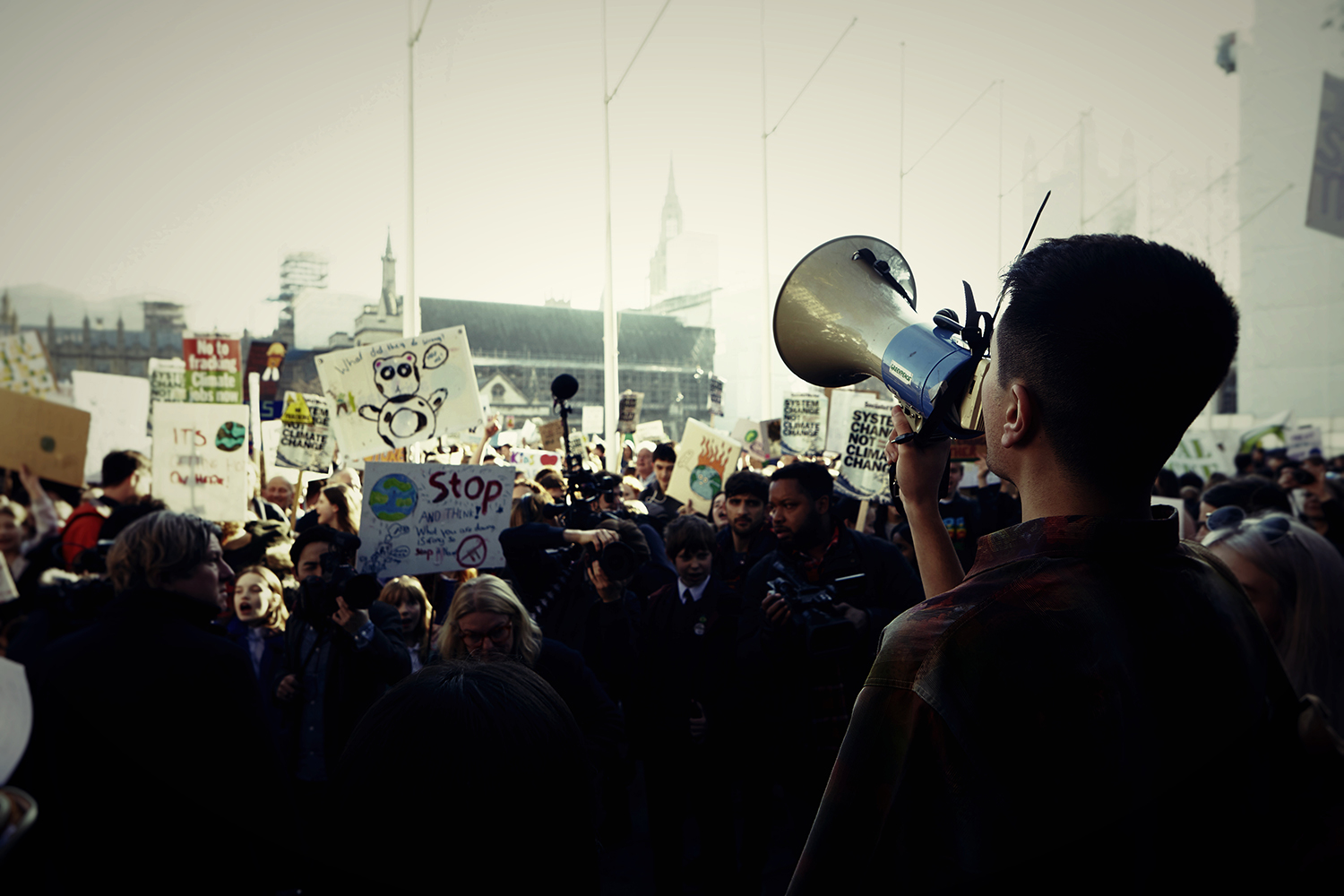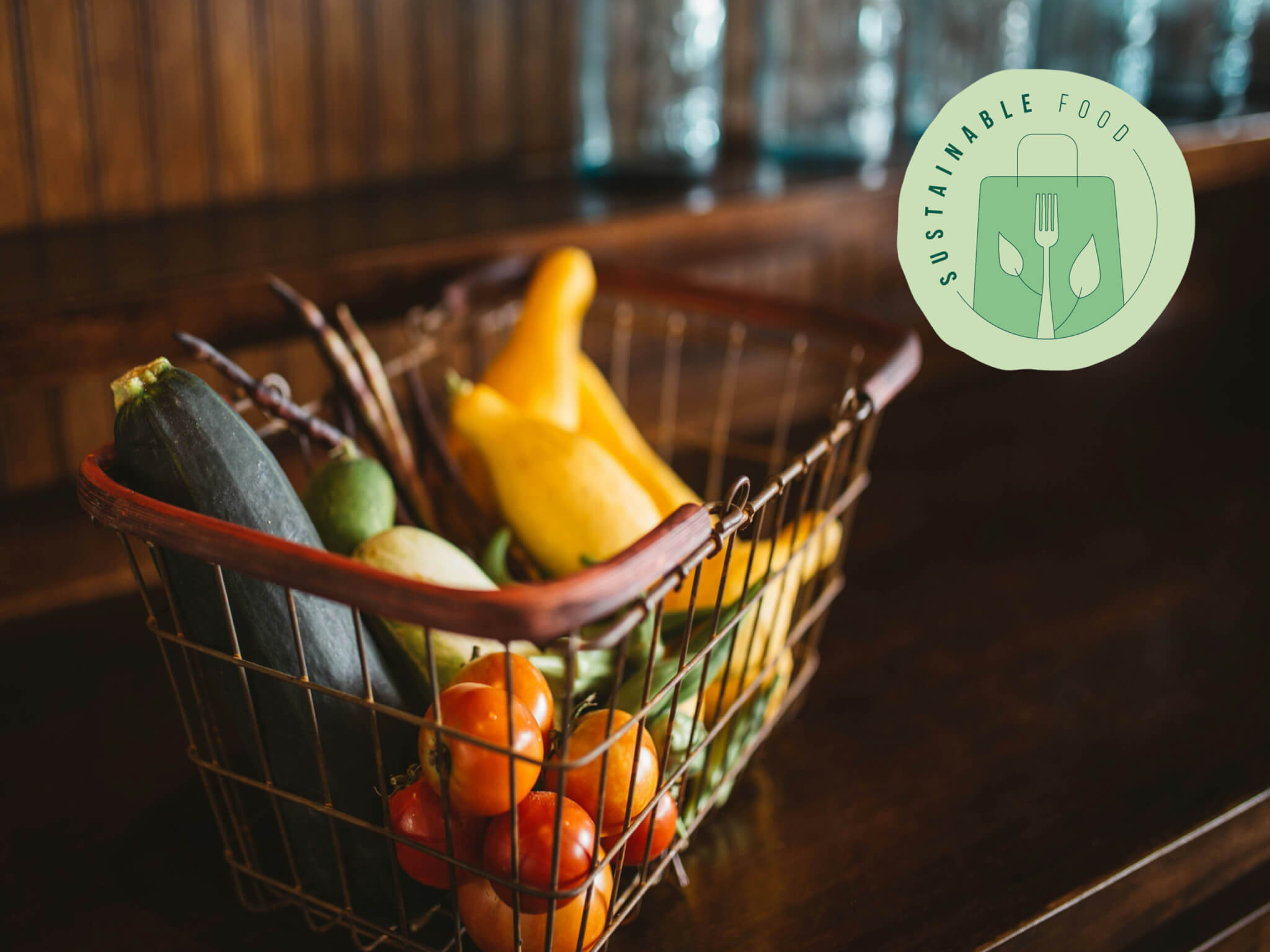I don’t mention climate change anymore. That just sounds too inert. Now, I talk about climate as a crisis, catastrophe, and a breakdown leading to social collapse. After endless conversations with experts, I’ve realised that it’s time for a wake-up call. Climate chaos affects our politics, biodiversity, migration, agriculture and food security, as well as our holidays, health and wellbeing, energy usage and diet.
But recently, I’ve been left speechless on three occasions – when a neighbour fleetingly commented during a heatwave that he doesn’t believe in climate change anyway, when a friend posted gleeful photos of her children watching a captive whale show, and when I spoke to a businessman on a train platform on his way to fly to Boston for three half-hour meetings. I’m stunned by how some people can be so disconnected to the natural world and so blissfully unaware of our often-detrimental effect on it.
We urgently need a step change. Thankfully, the climate movement is picking up momentum. On 20 September, Greta Thunberg and millions of activists around the globe (myself included) will strike from school and work to demand action. Next month, Extinction Rebellion host a peaceful worldwide rebellion (7-18 October), and increasingly, the climate crisis makes front page headlines.

Socially, it’s easier to avoid tricky territory that might result in uncomfortable debate rather than general chit-chat. But according to expert climate communicators, we need to talk about climate more often and more effectively.
Impacts will be greater if approached without judgement, so I need to create a safe space for a two-way exchange of ideas rather than just angrily trying to convince someone they should agree with climate science. David Wallace-Wells, author of The Uninhabitable Earth, says: “It’s not the climate deniers that worry me, it’s the millions of climate accepters that simply aren’t doing anything about the problem that are the real barrier.”
The US’ Alliance for Climate Education (ACE) empowers high school students to have more climate conversations. After watching this short video, I realised I’d been letting my emotions get the better of me and that my primary mission is to LISTEN and highlight the positive rewards of living a low-carbon lifestyle by focusing on solutions.
Robin Webster, senior climate change engagement strategist for Climate Outreach, is trialling #TalkingClimate, a new citizen science initiative with 400 participants as far flung as Hong Kong, Bangladesh, Australia and the UK, and the biggest ever and most in-depth exploration of peer-to-peer climate exchanges. “It can feel overwhelming when solutions aren’t always obvious and there’s risk of psychological dissonance…often climate change is talked about as something that is far away both in space [for example, melting ice caps in the Arctic] and in time [i.e. looking ahead to 2050],” says Webster. “But we naturally care more about things that affect us more closely, so it needs to directly relate to people’s own lives now.”

Webster notices social norms shifting: “63 per cent of the UK public now agree that we face a climate emergency and 66 per cent of people will make sacrifices for the planet as long as others do the same,” she says.
Webster’s participants are busy recording a conversation diary, making notes about all sorts of conversations about climate change, while taking on board simple ground rules: “Firstly, pick your moment and be open-minded, then tell your own story in an authentic way – describe moments that changed your own perspective – vulnerability and honesty is important,” she says, adding that creating an emotional connection is more important than mentioning shocking facts.
“Make sure you ask the other person what their story is and reflect back what you hear – learn from each other and avoid blame and shame. Find out what values you share and use positive, open body language. Then talk about specifics – climate change is about everything, our health, food systems, energy, heatwaves – this all affects our everyday lives.”
I put this into practice when one woman told me that climate change doesn’t concern her. “I focus on peace, not war, so I imagine how great it will be when the planet is healthy rather than worry about climate change,” she told me.
Previously, this would trigger my urge to communicate the scale of the problem, but I took a deep breath. I found common ground, then explained how my work focuses on solutions and positive action and how that makes me feel more resilient. I didn’t quote any devastating statistics or broad-sweeping statements.
The woman opened up and told me that she didn’t discount climate change at all; in fact, it was very much on her mind but she had a totally different outlook. She detailed how she takes responsibility for reducing her impact on the environment, focuses on making the world a better place and even meditates on healing the planet. Most importantly, we both felt enriched by our exchange.
How to start a climate conversation: top tips from Climate Outreach
- Validate the other person (‘you’re so right, I find that really hard, too’)
- Ask open questions (‘what do you think about climate change?’)
- Make a connection (‘you know what it’s like when you have small kids’)
- Relate your own experience (‘last year, we went on holiday by train and it was great’)
- Have a two-way conversation and exchange ideas (remember to listen, not lecture)
- Reach some positive closure (‘thank you, I’d love to talk about this again with you’)










0 Comments